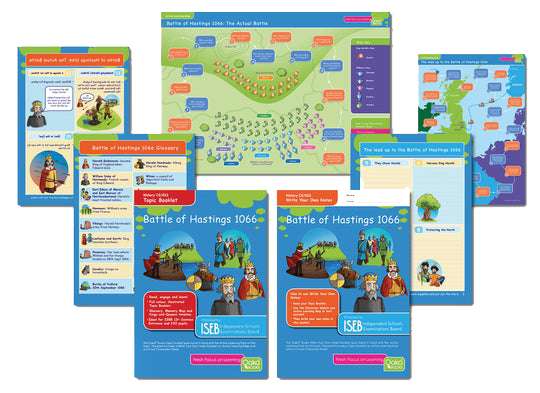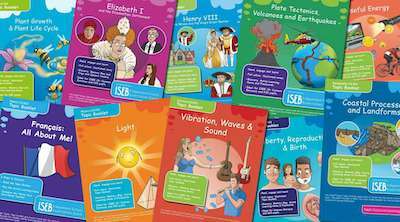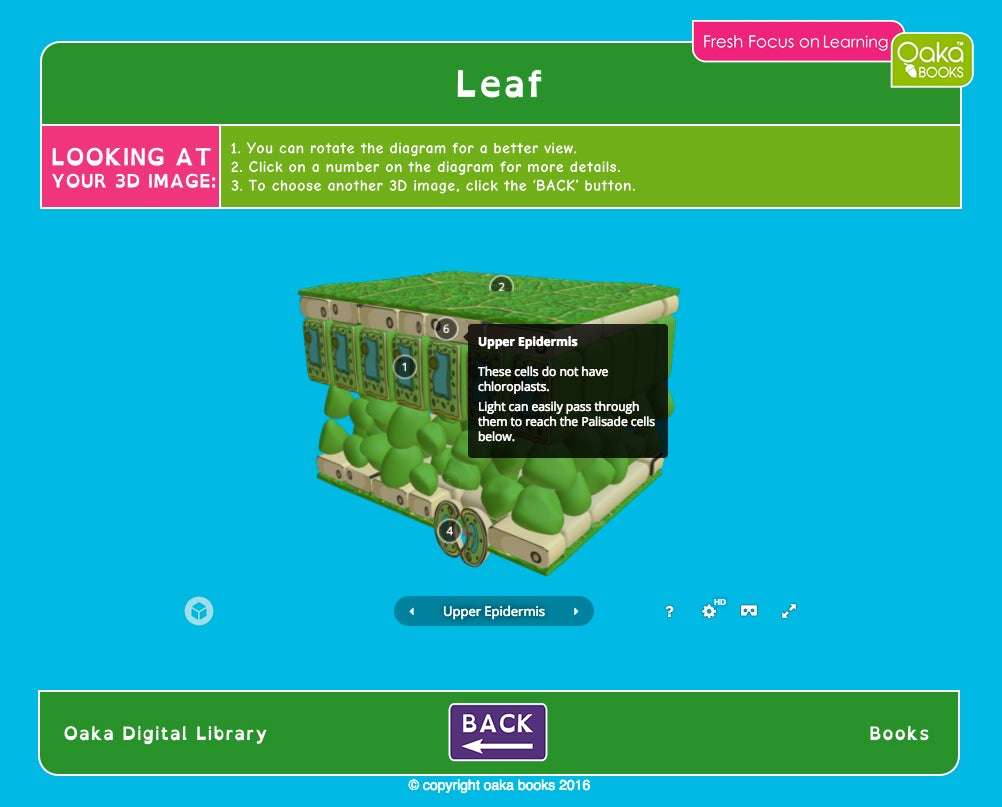While teachers want to stretch and challenge their pupils, as well as having targets to meet, these expectations can backfire when it comes to students with special educational needs.
SEN pupils need a sustained approach to their reading. Being given the same material as their fluent-reading peers could fail in the long run. If learners get overwhelmed and have frustrating, difficult experiences of reading then all the positive work will be lost. To create the lifelong habit of reading it might be necessary to take a step back and go slowly. Avoiding demotivation should be more important than short term gain.
Illustrations are often used to supplement the meaning and help with understanding the text. Visual learners and learners with dyslexia will rely on this imagery not only to give greater context to their reading but to sustain their interest too. So the images aren’t just there to look nice and nor should books with images be phased out too quickly – Oaka Books topic packs are available into key stage three.
SEN learners need regular support in their take-aways from the text, their comprehension and finding meaning. Chapters or sections of the book should be short to give plenty of opportunities to stop and review, to check understanding. Otherwise the student might continue to plough through without really taking in the material, or get quickly frustrated and abandon it.
At Oaka Books our three-step learning success formula is built on reading the text – made easier with our clear layout and illustrations, engaging with the material using active learning, and reinforcing that learning with a “write your own notes” booklet.
It’s a system specially developed for visual and SEN learners that plays to their strengths – minimised text, bold imagery, active movement and engagement with flash cards and Q&As and committing the information to memory with reinforcing summaries that can be used as revision notes later.
Accessible resources help keep visual learners and SEN pupils engaged and interested in their reading in the long term. This is essential to prevent overwhelm and demotivation that can come so easily when reading becomes a frustrating and difficult experience.





